Who is it for?
For those looking to start a career in product design supporting activities from early concept feasibility, design and development through to final preparation for product launch. You may be responsible for rapid prototyping, assembly, testing, validation and analysing performance. Typically working closely with engineers in bringing new concepts to life or supporting redesigns of existing products.
You need to be aged 16 and over with 4 GCSEs at Grades A-C or 9-4 including Maths and English.
What will I learn?
Whilst undertaking this apprenticeship you will gain a wealth of knowledge and skills undertaking a key role within your company. In addition you will achieve the following qualifications:
- Foundation Phase
- Level 2 Diploma in Advanced Manufacturing and Engineering
- Development Stage
- BTEC Level 3 Diploma in Advanced Manufacturing Engineering
- Level 3 Diploma in Advanced Engineering - Product Design Technician
- Maths and English
- English Functional Skills Level 2 (if required)
- Maths Functional Skills Level 2 (if required)
When can I start?
Right now! Our apprenticeships team work with local employers to make apprenticeships available throughout the year. New vacancies are added to the PETA website and it’s really easy to apply - so why wait?
Course Overview
Core Knowledge
-
Understanding the importance of complying with statutory, quality, organisational and health and safety regulations
-
Understanding of general engineering/manufacturing mathematical and scientific principles, methods, techniques, graphical expressions, symbols formulae and calculations used by engineering technicians
-
Understanding the structure, properties and characteristics of common materials used in the sector
-
Understanding the typical problems that may arise within their normal work activities/environment
-
Understanding approved diagnostic methods and techniques used to help solve engineering/manufacturing problems
-
Understanding the importance of only using current approved processes, procedures, documentation and the potential implications for the organisation if this is not adhered to
-
Understanding and interpreting relevant engineering/manufacturing data and documentation in order to complete their job role
-
Understanding the different roles and functions in the organisation and how they interact
-
Understanding why it is important for an organisation to continually review their processes and procedures
Core Skills
-
Obtaining, checking and using the appropriate documentation (such as job instructions, drawings, quality control documentation)
-
Working safely at all times, complying with health, safety and environmental legislation, regulations and organisational requirements
-
Planning and, where applicable, obtaining all the resources required to undertake the work activity
-
Undertaking the work activity using the correct processes, procedures and equipment
-
Carrying out the required checks (such as quality, compliance or testing) using the correct procedures, processes and/or equipment
-
Dealing promptly and effectively with engineering/manufacturing problems within the limits of their responsibility using approved diagnostic methods and techniques and report those which cannot be resolved to the appropriate personnel
-
Completing any required documentation using the defined recording systems at the appropriate stages of the work activity
-
Restoring the work area on completion of the activity and where applicable return any resources and consumables to the appropriate location
Core Behaviours
-
Personal responsibility, resilience and ethics
-
Work effectively in teams
-
Effective communication and interpersonal skills
-
Focus on quality and problem solving
-
Continuous personal development
Specific Specialist Knowledge
-
Mathematical techniques, formula and calculations in a product design and development environment
-
Material applications and methods of testing (destructive and non-destructive)
-
Computer Aided Design (CAD) methods and applications
-
Material joining applications and systems
- Mechanical, electrical, electronic and process control systems
- Measurement, monitoring, testing and diagnostic methods and techniques
Specific Specialist Skills
-
Read and interpret relevant data and documentation used in the design and development of components, assemblies and systems
-
Produce components and prototypes using a wide range of hand fitting techniques
-
Produce assemblies and rigs using a range of materials and techniques
-
Use mechanical, electrical and electronic testing devices and equipment
-
Prepare and use lathes, milling machines, as well as other general or specialist high technology equipment such as 3D printing/additive manufacturing techniques
-
Apply mechanical principles and joining techniques to develop products, devices and equipment
-
Apply electrical and electronic principles to develop products devices and equipment
-
Identify, diagnose and rectify design problems through the whole creation process including design studio, workshops, test environments or under laboratory conditions
-
Contribute to the business by identifying possible opportunities for improving working practices, processes and/or procedures
Additional Information
During your apprenticeship you will receive:
- An induction to the programme to make you feel welcome and to help you understand how the apprenticeship works
- Day release training at our Training Centre to help build your knowledge and skills
- Training in the workplace to help you learn the job role and to become a valued member of the team
- Regular progress reviews to help with your development and to ensure you remain on track to successfully complete your apprenticeship.
The majority of your learning will be undertaken whilst you are working. To successfully achieve the apprenticeship 20% of the teaching, learning and development will be undertaken through off-the-job training which takes place at our PETA Engineering Training Centre in Havant.
